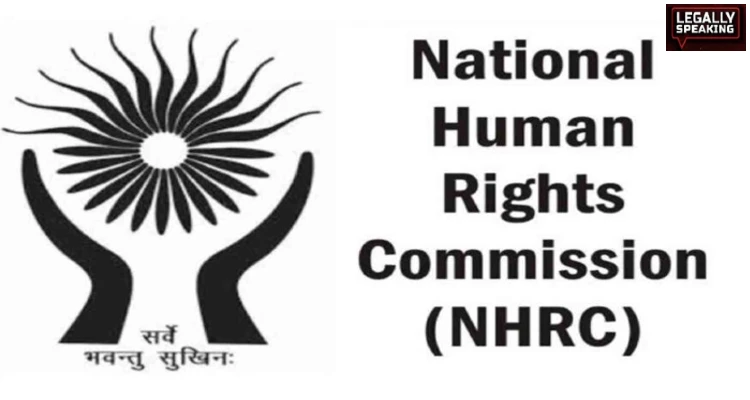
The National Human Rights Commission (NHRC) of India has taken suo moto cognizance of human rights violations that occurred in Sandeshkhali, West Bengal.
Suo moto cognizance grants the NHRC the right to accept cases on their own, bypassing traditional legal processes like complaints or petitions to the NHRC.
The violations include allegations of harassment and sexual assault against “innocent and impoverished women.”
According to the NHRC, these violations have compromised the safety and security of women, children, and the elderly in the area. Many individuals have been forced to leave their homes “due to the looming threat of torture and sexual abuse.” Reports of these incidents prompted the NHRC to “exercise its jurisdiction under Section 12 (a) of the Protection of Human Rights Act, 1993.” Under this act, the NHRC is mandated to preserve, protect, and promote human rights and can take suo moto cognizance of reported incidents of violence.
In response to these human rights violations, the NHRC has issued notices to the Chief Secretary and the Director General of Police of West Bengal, seeking detailed reports on the violent acts and the subsequent actions taken by the authorities. Additionally, the NHRC has sought information regarding compensation for victims and the ameliorative measures authorities are expected to undertake to rebuild confidence in the local community. This information is expected to be provided within four weeks.
Following the violence in the area, Sandeshkhali has witnessed protests led by local women demanding the arrest of Shahjahan Sheikh, a Trinamool Congress Party (TMC) district convenor accused of coercive land grabbing and sexual harassment by village residents. Since the commencement of these protests, Sheikh has evaded authorities after his aides allegedly attacked a team of Enforcement Directorate (ED) officers.




